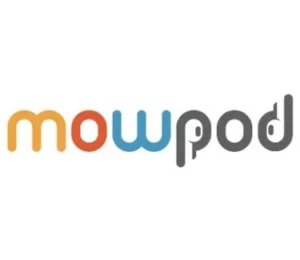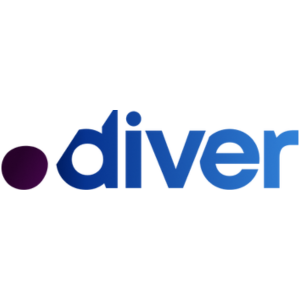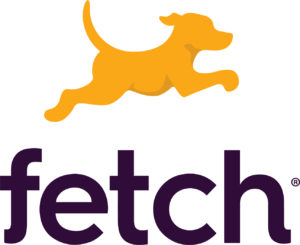The truth about fake reviews
- Part 1 The truth about fake reviews
- Part 2Reputation hackers secrets — Curtis Boyd / Objection Co
- Part 3Digital fraud in America 2021 — Curtis Boyd / Objection Co
Show Notes
Quotes
-
“No one's ordering fake reviews for pharmacies because they don't really need them. Right? But when you go into hyper competitive marketplaces, anytime you have a price tag of over 2,500 bucks, that's when people start investing into reviews.”
-
“I hate to say it, but fake reviews are profitable because most consumers take things at face value. They don't do the due diligence. Most people who are looking at reviews are looking at the star rating and price, then comparing it maybe with a few other businesses.”
-
“Businesses who are really customer centric, who are really worried about customer experiences, they're the ones getting the real feedback from their customers.”
-
“The access to fake reviews right now is incredible. Google the review by Google Reviews, and you'll have 20 or 30 e-commerce sites overseas on the first few pages. Or spend five to 15, 20 bucks per review and immediately start ordering regular reviews for your business.”
-
“The FTC ordered 85,000 reports on businesses nationwide in the US. They have the jurisdiction to go after these companies using deceptive marketing practices and issue fines. The last fine that the FTC issued for a company with fake reviews was $18 million.”
-
“In dropshipping, when you sell a $10 kitchen knife that you got from Alibaba for 40 cents versus a US manufactured kitchen knife that costs $8, the US manufacturer only has $2 for advertising when the dropshipper has $9. That $9 goes directly to Amazon to buy more Amazon ads.”
-
“Google and TripAdvisor have some of the best review fraud moderation because their platforms aren't monetized on sales like Amazon is. So TripAdvisor and Yelp have much lower degrees of review fraud because of the way the marketplace is set up.”
-
“To spot a fake review, we look at the profile and we look at the content. We look at profile metrics and content metrics on sites like Google and Yelp and TripAdvisor, and a few others. Does this look normal and consistent? Is there a nice diversity of businesses here?”
-
“Like dolphins and whales, fake reviews, travel in packs. Someone who sells fake reviews can increase their profit margin by using the same profiles from multiple customers. So that one profile will have five or six customers.”
-
“For content metrics, we use a lot of NLP. If there's a business with 100 reviews, there should be 100 unique authors, not 50. Our NLP can detect that it could be 50 people that wrote two reviews.”
- Part 1 The truth about fake reviews
- Part 2Reputation hackers secrets — Curtis Boyd / Objection Co
- Part 3Digital fraud in America 2021 — Curtis Boyd / Objection Co
Up Next:
-
Part 1The truth about fake reviews
Ben discusses the status of digital fraud with Curtis Boyd, Founder of Objection.Co. In recent years, we’ve all seen the mini documentaries exposing people who do fake reviews. But can fake reviews really affect your business? Today, Ben and Curtis talk about the truth behind fake reviews.
-
Part 2Reputation hackers secrets — Curtis Boyd / Objection Co
Ben continues his conversation with Curtis Boyd, Founder of Objection.Co about the status of digital fraud. The truth is that fake reviews are pretty effective for the short term. But that is only until you get caught buying them. So today, Ben and Curtis talk about reputation hackers’ secrets.
Play Podcast -
Part 3Digital fraud in America 2021 — Curtis Boyd / Objection Co
Today, Ben and Curtis Boyd, Founder of Objection.Co, talk about the status of digital fraud in America in 2021. With the prevalence of fake reviews, how can Americans be confident about the business that they want to support? On the flip side, how can businesses avoid being targeted and exploited by fake reviewers? Ben and Curtis discuss what’s currently going on in the world of digital fraud in America.
Play Podcast










